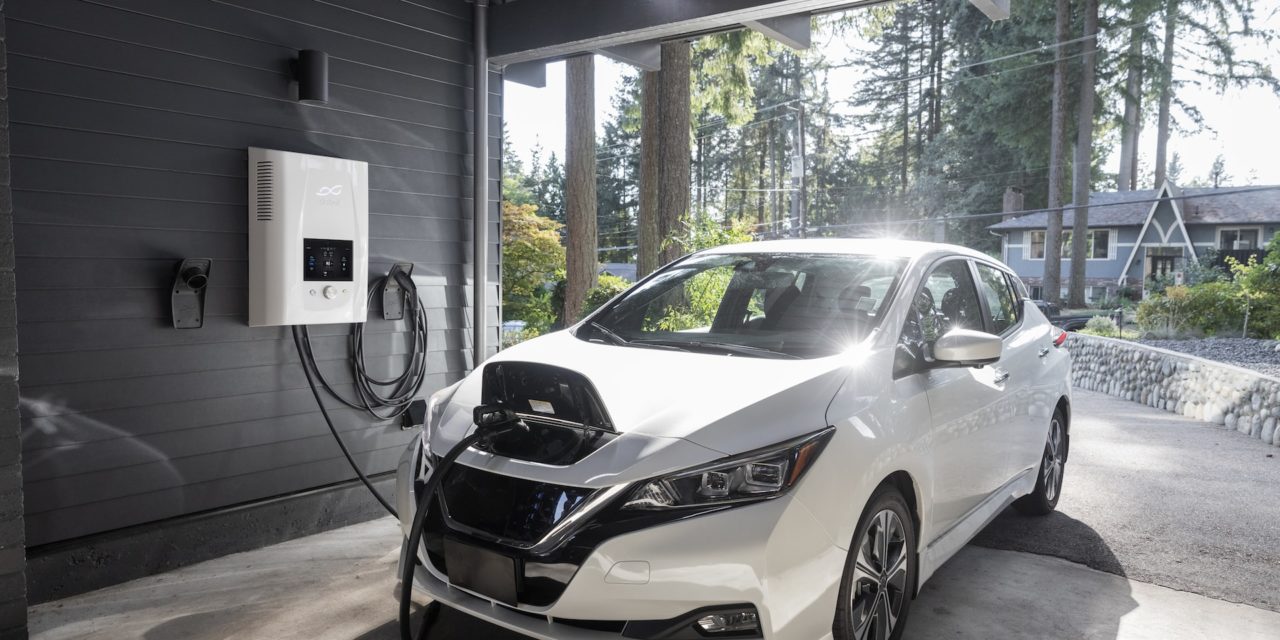When choosing an electric car there’s a lot to think about, especially when opting for one that is pre-loved. There are many advantages when shopping on the second-hand market, however, including reduced price tags and lower maintenance costs.
In this guide, we take a look at four tips to bear in mind when choosing a used electric vehicle to help ensure you make the right decision.
Battery warranty
A large number of EVs will come with a separate warranty for the battery, which typically runs longer than the car’s warranty. The industry standard for a warranty is eight years but some newer models have warranties as short as five years.
When enquiring about a used car online or in person, check its age to see if the battery is still in warranty. That way, if you encounter any issues, you can rest assured that you’ll incur no additional costs. Older vehicles may also need charging more often, which can be a hassle if you don’t have a charging point installed at home.
It’s worth noting that some warranties are condition to a set mileage limit. In these instances, find out how close the vehicle you are looking at is to the limit first.
Service history
Like with any used vehicle, it’s important to get a full service history from the seller. Doing so will enable you to assess the car’s condition when it comes to making your purchase. More specifically, the last time maintenance was carried out, how often work has been done on the car, and if there have been any major repairs.
One other thing to look out for in the service book is whether the vehicle has had its software updated. This is crucial for EVs since it can help with things like bug fixes, navigation systems, and vehicle efficiency.
Check the tyres
The tyres for EVs are designed differently compared to those of conventional vehicles; therefore, it’s essential that you check the right ones have been fitted. This is to support the additional weight of the car’s battery and to improve grip and traction. Generally, the tyres will have reinforced sidewalls to prevent bursting or bulging and special tread patterns.
The tyres are also made from a unique rubber compound with the capacity to absorb vibrations and shocks – features that make EVs so quiet and smooth when driving.
Test the brakes
Since EVs are heavier than standard petrol and diesel vehicles, more wear and tear can be placed on the brake pads and discs. Ensure that you test the brakes properly to see if they are in good condition. The last thing you want is to find that they need to be replaced after purchasing the vehicle.





